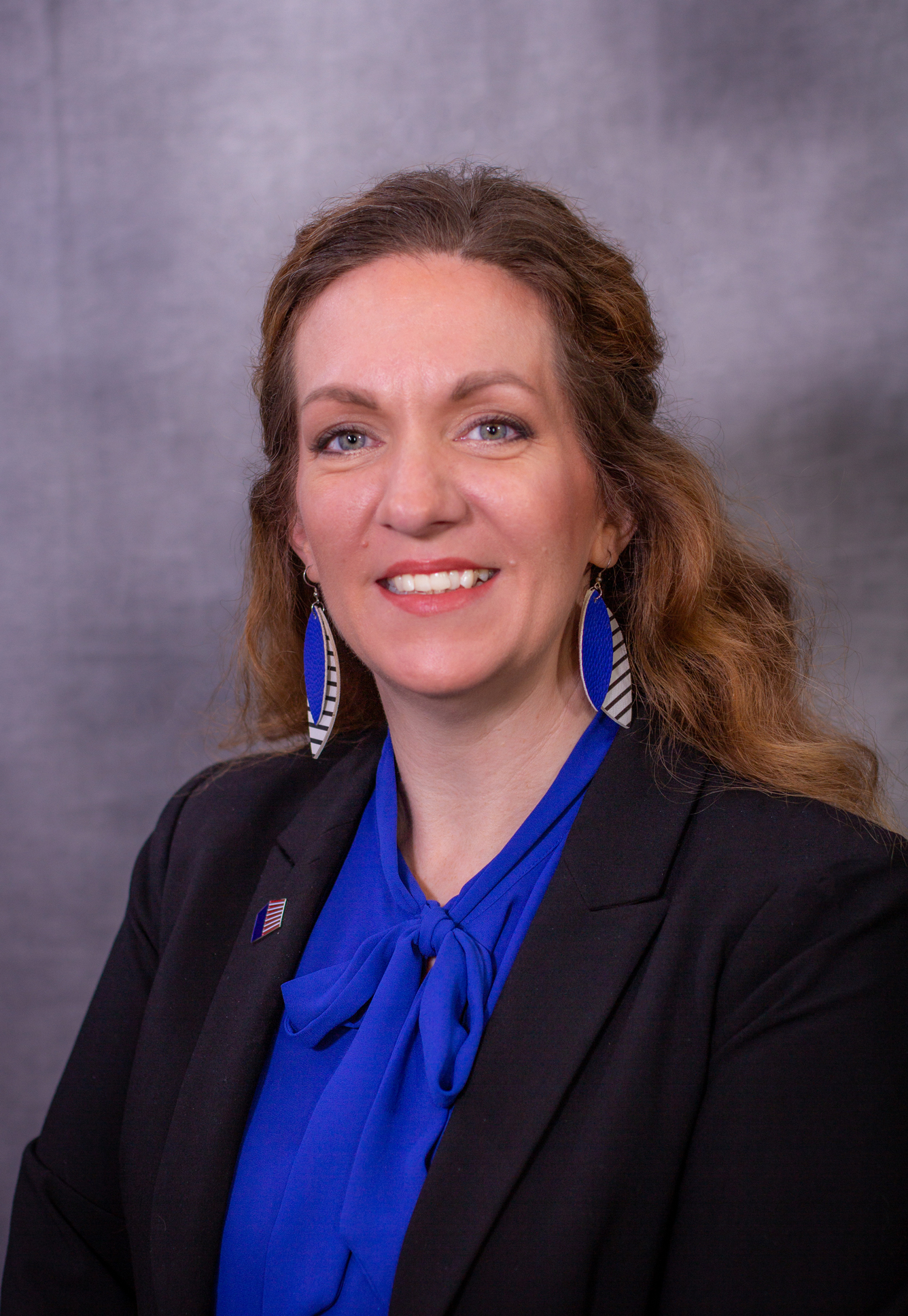
By Leigh Walls, Managing Director, Purchasing; President, Women's BRG and Don Murray, Vice President, Quality Assurance; Women's BRG Ally
March is Women's History Month, a time to recognize and celebrate the many contributions women have made over the course of American history in a variety of fields, including in corrections. But it's also about pushing the boundaries of all that women can accomplish both now and in the future because of equal opportunity.
That work happens in our local communities, governments and workplaces. Corrections has historically served as a male-dominated field, and I am encouraged by the increased representation of women we see in our industry today. I am proud that 51 percent of CoreCivic employees are women and that 30 percent of CoreCivic's board of directors' seats are held by women. CoreCivic has provided needed solutions to the challenges facing America's criminal justice system for four decades now, and our women leaders have been an important part of that work.
Additionally, I want to take this moment to highlight the work CoreCivic is doing through its Women's Business Resource Group (BRG). In 2022, CoreCivic launched BRGs as a way to foster a more diverse and inclusive culture companywide. BRGs are comprised of employees who come together with shared experiences around issues of ethnicity, gender identity, age, accessibility, special interests, and more. Established through a governance model, BRGs focus on connection, community, capability and continuous improvement.
There are currently three active groups—Military, Multicultural and Women. As president of the Women's BRG, I am impressed by the commitment and passion of our 42 members as we discuss some of the most pressing issues facing women today. I am also encouraged by the male allies who made the decision to join and/or support the Women's BRG. One such member is my colleague Don Murray, vice president of Quality Assurance at CoreCivic, who has been active and purposeful in supporting, promoting and advancing the mission of the group. In order to see progress, it's critical that our male counterparts participate in the conversation surrounding the challenges women confront today. Furthermore, when men are deliberately engaged in these conversations, research shows that organizations see increased progress.
I am excited about our work and believe that together, we are helping transform CoreCivic into a more inclusive organization—one where the values of belonging and respect eliminate the opportunity for isolation and disrespect.
